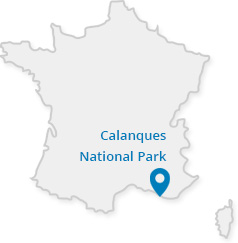An artistic installation in Port-Miou
The artist
Ryo Abe is a Japanese architect whose philosophy is based around the harmony that connects humans and nature. The Ecole Nationale Supérieure d’Architecture de Marseille had already invited him several times to lead workshops on the gateways to the Calanques National Park. He has a masters in Architecture from Waseda University and founded his architectural practice in 1995. He won the International Architecture Award in 2016, the World Culture Building of the Year in 2011 and the Emerging Architecture prize in 2010.
The installation
The installation Seed is an integral part of the project Approches developed by the architect during the residency Les Calanques: territoire de sciences, source d'inspiration (The Calanques: a land of science, a source of inspiration). In January 2018, the Calanques National Park, the OSU Institut Pythéas (Aix-Marseille Université, CNRS, IRD) and Fondation Camargo – with the landscape designer Gilles Clément – invited eight international artists to reflect on the connection between Humans and Nature, in the exemplary context of Europe's only peri-urban national park. Hosted by the Fondation Camargo, in Cassis, Ryo Abe was supported by researchers from the Institut Pythéas and National Park field agents. His exploratory work was exhibited during a group exhibition at FRAC in March 2018.
This project was intended to be a first "seed" planted by the architect in the context of a workshop MP2018 Quel amour with the support of Mécènes du Sud, the Department and Fondation Daniel et Nina Carasso under the auspices of Fondation de France. This seed, nourished by an ongoing reflection on the National Park's access gates, aims to rethink visitor reception at the Port-Miou site through the medium of art. This former stone quarry, exploited in past centuries and gradually left to nature, is one of the major gateways to the National Park. This interstitial space was chosen by the artist in order to reflect on the pathway and on the immersion of visitors in nature.
This freely-accessible installation was visible at the entrance to the Calanque de Port-Miou in 2018.




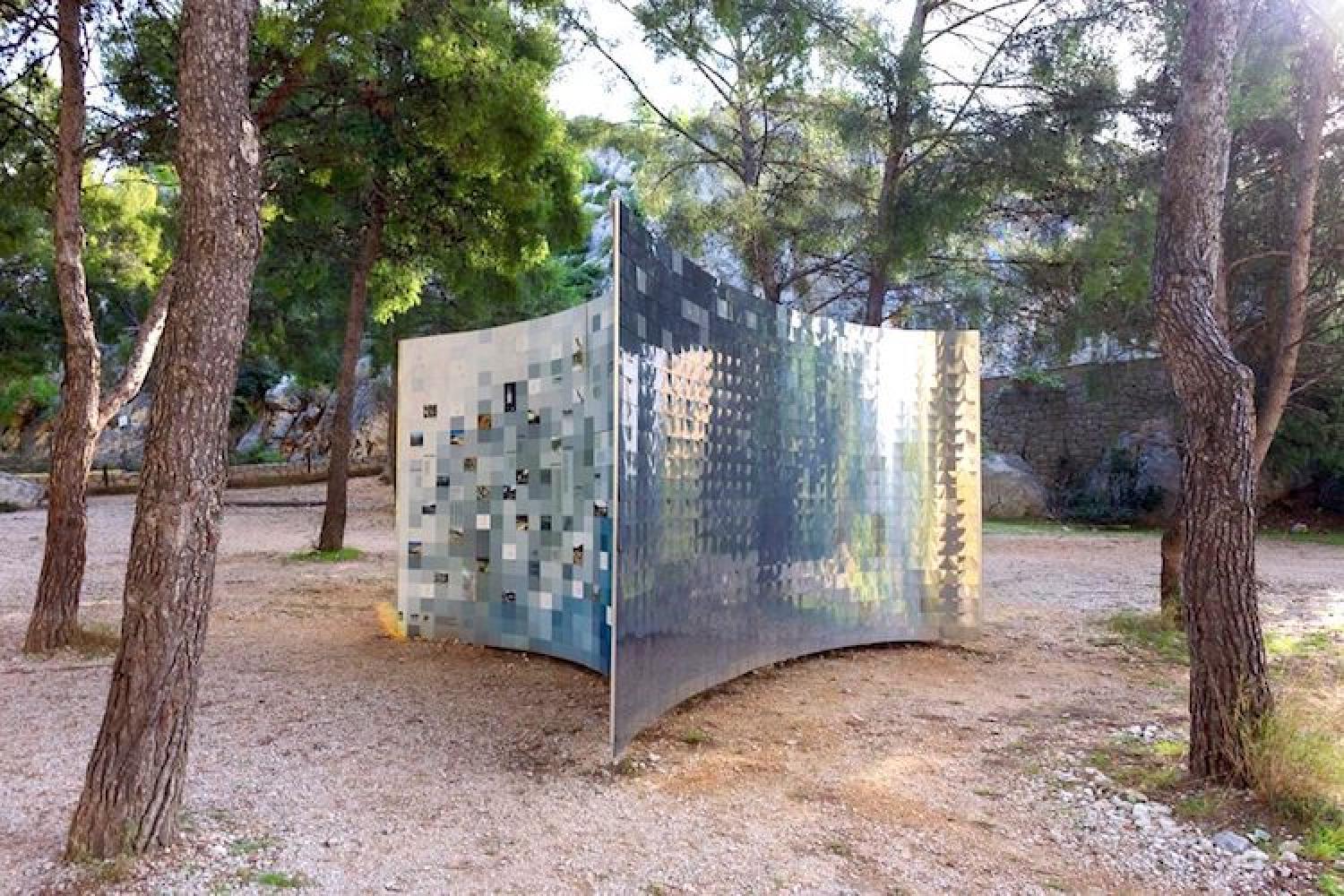
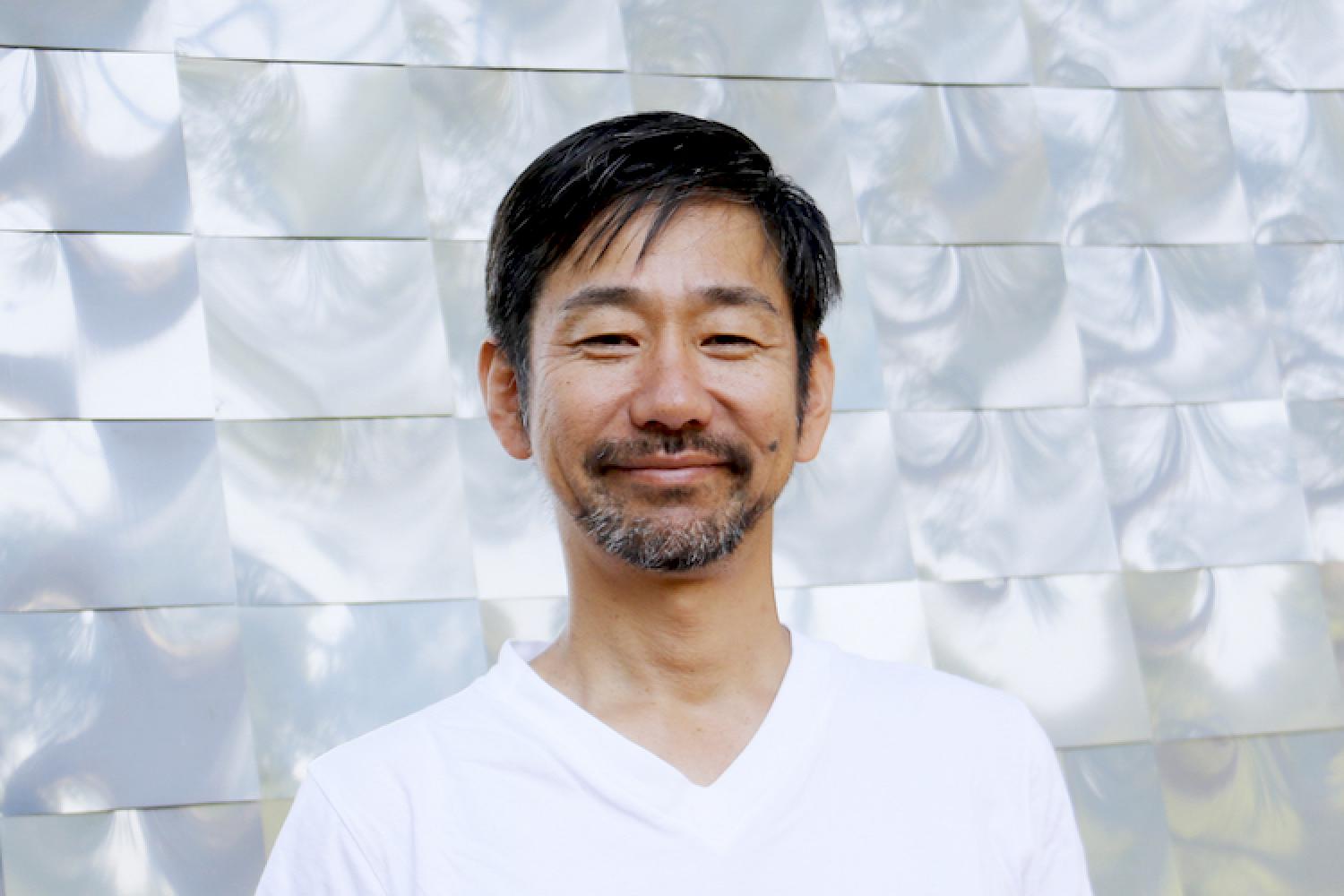
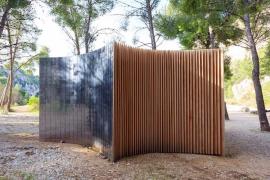
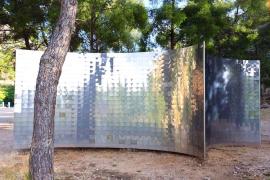
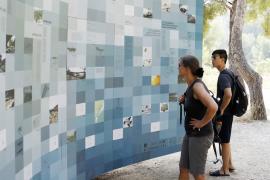
 Links
Links